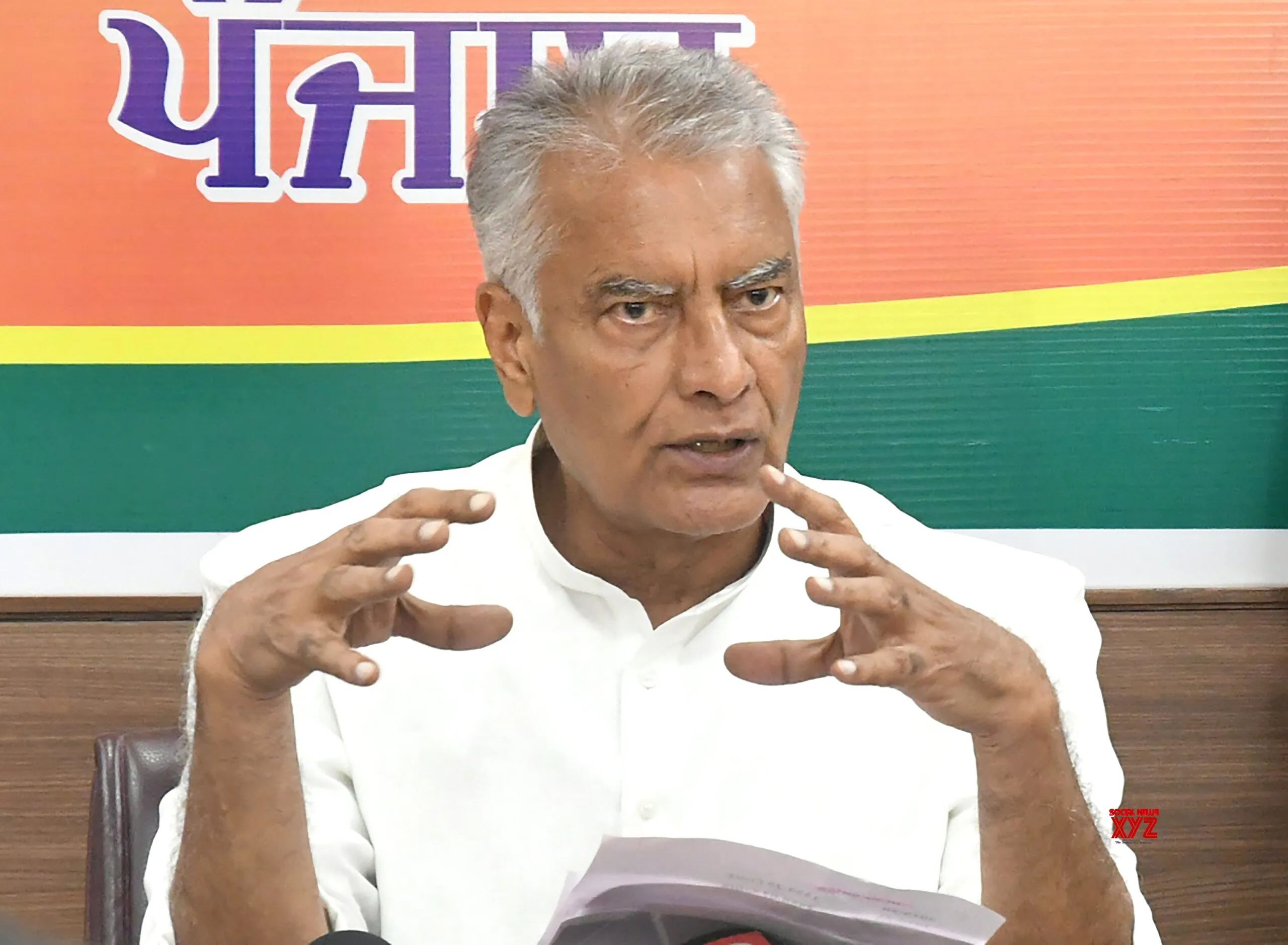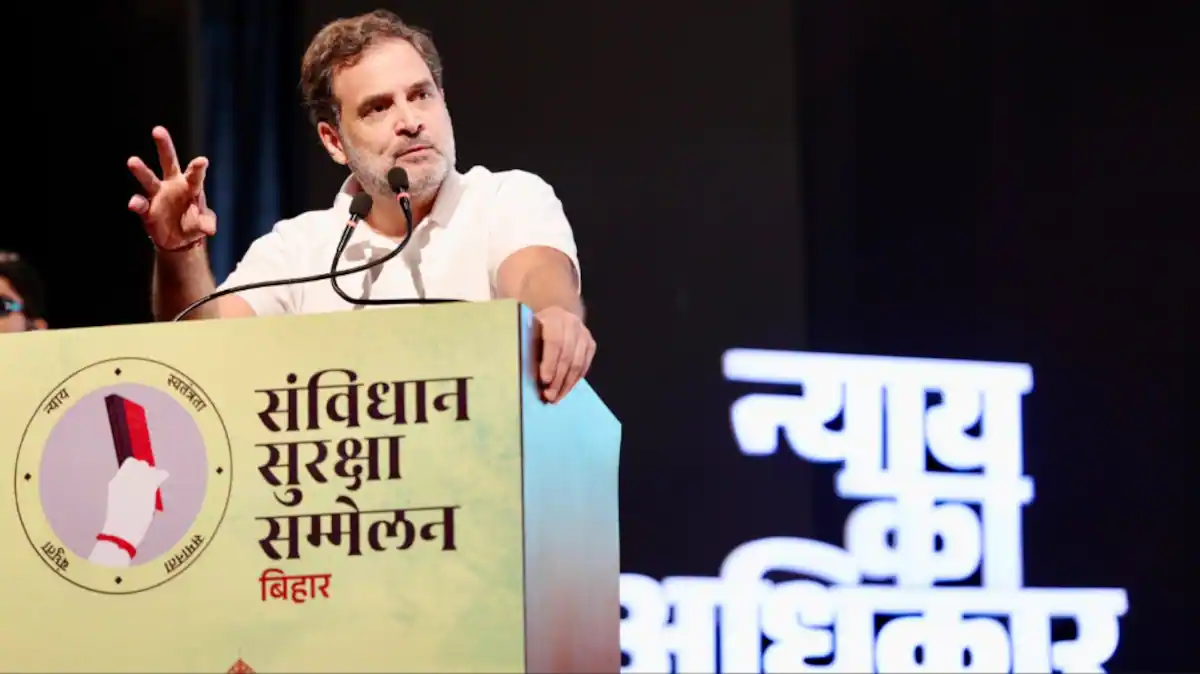By Sophie Huskisson,William Morgan
Copyright dailystar

Keir Starmer is poised to unveil digital ID cards for every adult across Britain as part of his crackdown on illegal immigration. The Prime Minister is expected to reveal the plans during a Friday address, targeting those who “slip into the shadow economy and remain here illegally”. Whilst the proposed “BritCards” won’t technically be mandatory, every grown-up will require one to secure employment or housing in Britain, making them essential in practice. This has led some to accuse the Prime Minister of authoritarianism, with the usual comparisons to Orwell’s Big Brother in ‘1984’. The cards will enable bosses and landlords to confirm someone’s legal right to reside and work in the UK by simplifying immigration status verification. These digital credentials – housed on mobile phones via the GOV.UK wallet application – would cross-reference a central registry of individuals authorised to live and work in Britain. Paper alternatives will be provided for those without smartphones, including elderly citizens Officials believe the ID system could unlock additional perks for consumers, including age verification for alcohol purchases or identity confirmation when collecting parcels from Post Offices, reports the Mirror . Ex-Prime Minister Tony Blair has championed ID cards for years, though the Government had previously ruled out introducing them. The proposal has drawn sharp criticism this evening, with worries mounting over data privacy and the potential digital exclusion of elderly citizens, those facing financial hardship, or disabled individuals. The scheme will undergo public consultation and require parliamentary approval, with further details on the ID card rollout timeline expected to emerge. The PM is understood to be resolute in pushing forward with the initiative to demonstrate robust strategies for addressing illegal migration as Channel crossing figures continue to surge. Since taking office, the Labour administration has ramped up enforcement against illegal employment, including a crackdown on asylum seekers working for delivery platforms Deliveroo, Just Eat and Uber Eats. Officials believe that simplifying employer checks on immigration status, combined with other measures, will help dismantle people-smuggling networks that lure migrants with job promises to secure spots on dinghies. Speaking at the Global Progressive Action Conference in London, ahead of Labour’s annual gathering in Liverpool, Mr Starmer is anticipated to declare: “For too many years it’s been too easy for people to come here, slip into the shadow economy and remain here illegally. “It is not compassionate left-wing politics to rely on labour that exploits foreign workers and undercuts fair wages. But the simple fact that every nation needs to have control over its borders.” French President Emmanuel Macron has consistently urged the UK to tackle “pull factors” that encourage migrants to make the perilous Channel crossing. Last month, Cabinet minister Pat McFadden acknowledged the UK was “behind the curve” when suggesting digital IDs could help tackle small boat arrivals. His comments followed a fact-finding mission to Estonia to study their digital ID card system. In June, a digital ID report from think-tank Labour Together – which maintains close ties with the Government – was forwarded to No10’s policy unit. The proposal outlined free ID cards for all those legally entitled to live and work in the UK, with initial setup costs estimated between £140million and £400million. Earlier this month, the Prime Minister suggested an ID card scheme could serve an “important part” in tackling illegal migration. He argued that attitudes had shifted since the controversial ID card debates during Labour’s previous tenure in the 2000s. Speaking to the BBC, he explained: “We all carry a lot more digital ID now than we did 20 years ago, and I think that, psychologically, it plays a different part. For too many years it’s been too easy for people to come here, slip into the shadow economy and remain here illegally.” The first iteration of the GOV.UK app was launched for smartphone users in June. Come Autumn, a GOV.UK wallet will be introduced, eventually housing digital versions of all government-issued documents. The initial rollout will include Veterans’ Cards, followed by a trial run of a digital driving licence later this year. Initially, the GOV.UK Wallet will be separate from the GOV.UK App, but plans are in place to merge them over time. Alexander Iosad, Director of Government Innovation at the Tony Blair Institute, stated: “Make no mistake, if the government announces a universal digital ID to help improve our public services, it would be one of the most important steps taken by this or any government to make British citizens’ everyday lives easier and build trust.” He added: “How we experience government could be about to transform, for the better. Not only can Digital ID help us to tackle illegal migration, but done correctly and responsibly, it can open the door to a whole new model of services that come to you when you need them.” However, Liberal Democrat tech spokeswoman Victoria Collins voiced her concerns: “Liberal Democrats cannot support a mandatory digital ID where people are forced to turn over their private data just to go about their daily lives. People shouldn’t be turned into criminals just because they can’t have a digital ID, or choose not to. “This will be especially worrying to millions of older people, people living in poverty and disabled people – who are more likely to be digitally excluded.” Big Brother Watch has been leading the charge against compulsory digital ID, with their petition opposing the proposals attracting more than 100,000 signatures. The civil liberties organisation argues the scheme “poses serious risks to privacy, security and equality”. Their campaign warns: “People in marginalised, vulnerable and minority groups are more likely to have reduced access to online services (e.g. people with disabilities, low income or the elderly), particularly where digital identity is a requirement. A centralised digital ID scheme would also be a honeypot for hackers and foreign adversaries, creating huge digital security risks for our data.”



